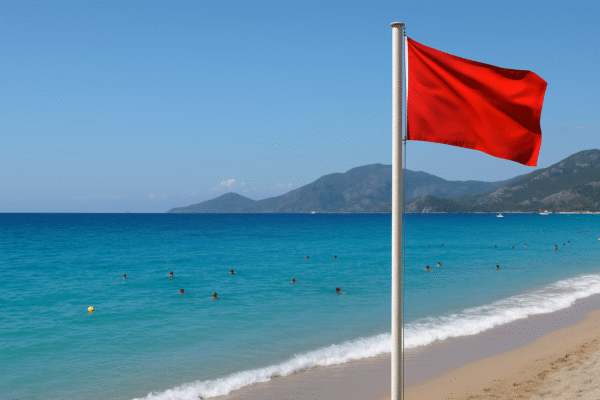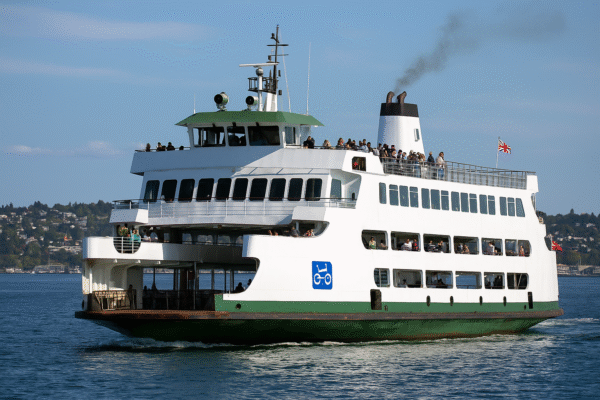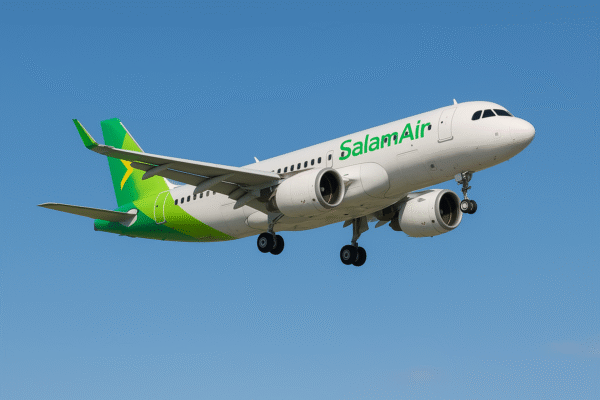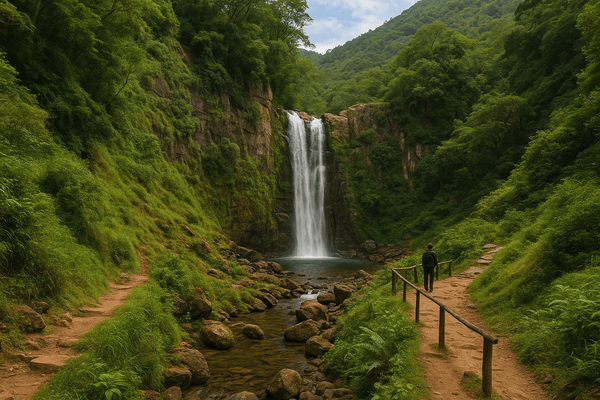Horoni Falls, located deep in the lush Chimanimani District of Zimbabwe’s Eastern Highlands, is quickly gaining international recognition as one of the country’s most captivating eco-tourism destinations. With its cascading waters, unspoiled wilderness, and cultural richness, this once-hidden natural wonder is now attracting nature lovers, adventure seekers, and sustainable travelers from around the globe.
As Zimbabwe broadens its tourism offerings beyond traditional safaris and heritage trails, Horoni Falls is becoming a focal point of a diversified and sustainable travel strategy that champions both ecological preservation and community development.
Discovering Horoni Falls: A Rising Natural Gem
Tucked within the Chimanimani Mountains near the Mozambique border, Horoni Falls offers a pristine setting of waterfalls, granite outcrops, indigenous forests, and birdlife. Its dramatic beauty and tranquil environment provide a refuge for travelers seeking off-the-beaten-path experiences—a hallmark of modern, experiential tourism.
According to the Zimbabwe Tourism Authority (ZTA), the Eastern Highlands region is witnessing a surge in eco-conscious visitors, and Horoni Falls is becoming one of the most requested nature-based destinations.
Ecological Significance and Biodiversity Richness
Horoni Falls is located near the Chimanimani National Park, a UNESCO-designated Biosphere Reserve, known for its high biodiversity, endemic species, and fragile montane ecosystems. The area is home to rare orchids, ancient cycads, and wildlife including samango monkeys, blue duikers, and hundreds of bird species.
The falls serve as a natural showcase for sustainable tourism, inviting visitors to appreciate Zimbabwe’s ecological wealth while promoting environmentally responsible travel.
Community Impact: Economic Opportunities and Inclusive Growth
With growing tourist arrivals, local communities in Chimanimani are seeing new economic opportunities. Community-run homestays, guiding services, local craft markets, and transport services are experiencing increased demand, stimulating inclusive growth.
Local leaders and NGOs are working closely with tourism stakeholders to ensure that tourism revenue supports small businesses, education initiatives, and community health services, enhancing long-term social resilience in the region.
Conservation-Focused Tourism Development
As part of Zimbabwe’s wider commitment to responsible tourism, authorities are implementing guidelines to protect Horoni Falls from overdevelopment and environmental degradation. Visitors are encouraged to follow Leave No Trace principles, and tourism operators must adhere to eco-certification standards set by the ZTA and Ministry of Environment.
Collaborative conservation initiatives—such as trail rehabilitation, wildlife protection, and erosion control—are being spearheaded by local conservation groups like Environment Africa and Chimanimani Conservation Network.
Immersive Cultural Experiences: Connecting with Local Traditions
Horoni Falls is not just a nature destination—it’s also a gateway into the rich cultural traditions of the Ndau people. Cultural excursions, storytelling sessions, music performances, and traditional food experiences allow visitors to engage deeply with local communities.
Many guided hikes around the falls now incorporate visits to nearby villages, sacred sites, and cultural heritage landmarks, providing a holistic travel experience that blends nature with heritage.
Improved Infrastructure and Accessibility
Recognizing the need for accessibility, the Zimbabwe Parks and Wildlife Management Authority, in collaboration with local government authorities, has initiated infrastructure upgrades around Horoni Falls. New hiking trails, visitor information centers, public rest areas, and safety signage have been introduced to enhance visitor comfort and safety.
Efforts are also underway to improve road connectivity from Mutare and Chimanimani town to Horoni Falls, allowing easier access for both domestic and international tourists.
Marketing and Digital Promotion: Elevating Horoni Falls Internationally
Zimbabwe Tourism is actively marketing Horoni Falls through a range of digital platforms, influencer collaborations, and eco-tourism campaigns. Visual storytelling on social media, blog features, and promotional videos are helping showcase the falls’ natural splendor to a global audience.
The destination has also been highlighted in the “Visit Zimbabwe” campaign, a flagship initiative promoting lesser-known attractions that align with sustainability and adventure travel trends.
Smart Tourism: Embracing Digital Innovation
Horoni Falls is part of Zimbabwe’s digital tourism roadmap, which includes:
- Interactive digital maps for the Chimanimani region
- QR-coded interpretive signage at major viewpoints
- Mobile apps offering trail guides, cultural insights, and safety tips
- Online permit booking systems to manage tourist flow and protect sensitive areas
These technological integrations ensure a seamless and informative visitor experience while reducing the ecological footprint of tourism activities.
Building Climate Resilience for Future Tourism
As part of broader climate adaptation efforts, Zimbabwe’s tourism authorities are focusing on climate-resilient infrastructure, water conservation systems, and sustainable land-use planning in the Horoni Falls area. These initiatives ensure that tourism remains viable even in the face of changing weather patterns, protecting both natural habitats and livelihoods.
Programs focused on reforestation and erosion mitigation are being implemented to strengthen the region’s ability to withstand extreme weather events—particularly after Cyclone Idai devastated Chimanimani in 2019.
Long-Term Vision: Positioning Zimbabwe as a Sustainable Travel Leader
Horoni Falls aligns with Zimbabwe’s Tourism Recovery and Growth Strategy (2023–2025), which places sustainability, community empowerment, and heritage conservation at the heart of tourism development. The government aims to double international arrivals by 2030, with nature-based tourism playing a central role.
By promoting Horoni Falls as a model of inclusive and eco-friendly tourism, Zimbabwe is demonstrating how nature-based destinations can drive economic transformation, cultural preservation, and global brand visibility.
Horoni Falls: A Beacon of Zimbabwe’s New Tourism Frontier
Horoni Falls represents the new face of Zimbabwean tourism—authentic, sustainable, and deeply connected to both land and people. Its emergence as a prominent nature destination in Chimanimani offers travelers the chance to experience raw beauty, cultural richness, and eco-conscious adventure in one of Southern Africa’s most enchanting regions.
As Zimbabwe continues its journey toward a resilient and responsible tourism future, Horoni Falls stands tall as a shining example of what thoughtful tourism development can achieve for destinations and communities alike.
For more travel news like this, keep reading Global Travel Wire


















